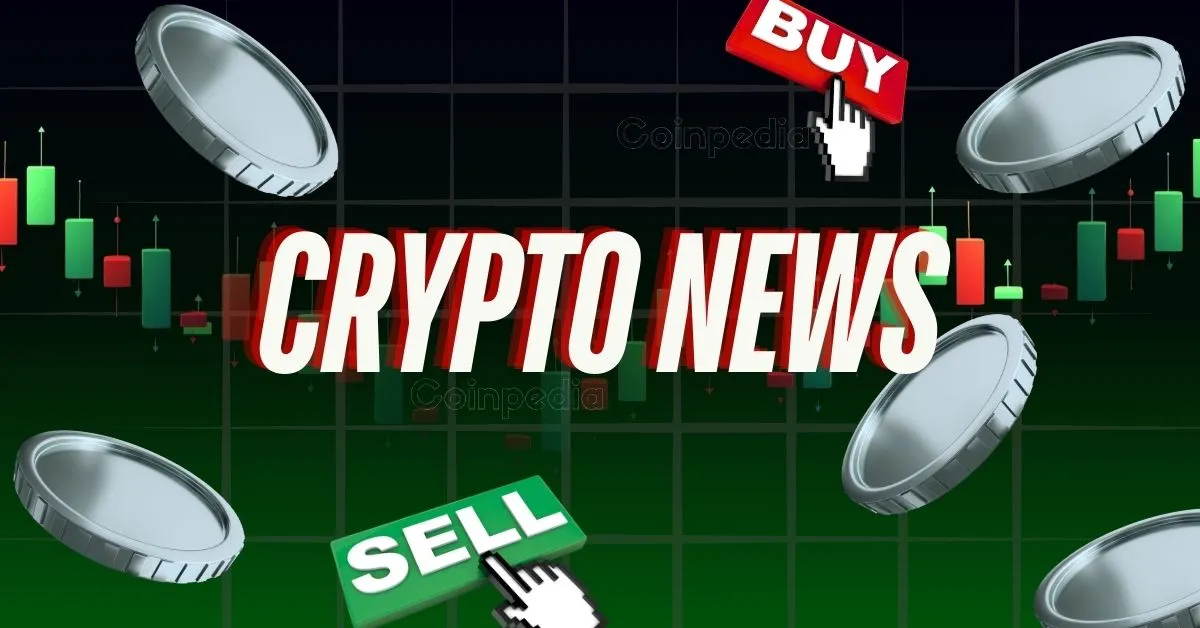Why Web3 is the Solution to Eliminating Data Brokers and Enhancing the Shopping Experience

Data monetization has become a big business over the past few years, with more people leaving behind invaluable digital footprints and brands scrambling for this data to improve the shopping experience.
However, amidst this quest to derive value from the large databases that exist on the internet today, several issues have come to light. Most importantly, who is the biggest beneficiary of the personal data potential shoppers share while interacting with digital platforms?
In an ideal business setup, when you, as a consumer, provide data through any channel, be it social media or a digital platform where it can be extracted by data brokers, it’s only fair that you receive the largest share of the monetary value extracted from your data.
Unfortunately, that’s not the case!
The biggest beneficiaries of consumer data, besides brands who pay to access this data, are the data brokers. According to the most recent statistics, the data broker market was valued at over $319 billion in 2021; projections show it will grow at a CAGR of 7.96%, eclipsing $545 billion by 2028.
The Current Data Monetization Model is Broken
While it is undeniable that data insights play a significant role in enhancing the shopping experience, intermediaries’ (data brokers) questionable practices have over time revealed that the current data monetization model is heavily skewed in their favour.
For starters, there is a significant knowledge gap that currently exists: most consumers who interact with the internet have little to no idea of what the ‘privacy policy’ terms they consent to mean. A recent survey conducted by the University of Pennsylvania found that 56% of American adults think that consenting to privacy policies insulates their data from being shared with third parties.
But as the saying goes, the devil is in the details!
Most of the privacy policies, in fact, outline that the websites/companies that collect data can sell it to third parties, all at the cost of the consumer who rarely receives any monetary benefits from the personal data they share.
On the other hand, one would have expected that brands, especially those in the Fast Moving Consumer Goods (FMCG) sector, to greatly benefit by converting the data they acquire from brokers into valuable insights. However, that hasn’t been entirely the case.
Statistics gathered from a survey conducted by the Data & Marketing Association revealed that close to 50% of the funds brands allocate to the marketing budget are perceived as ineffectual. This is because while brands are spending a fortune to buy potentially valuable data, they lack the most important aspect to convert it into sales: direct interaction with shoppers.
The question then becomes, how do we eliminate data brokers and bring back value to consumers and brands?
Giving Back Shoppers Control Over their Data
Web3, also dubbed the third iteration of the internet, is all about decentralizing ownership. First, it was Bitcoin, which introduced the concept of a monetary system that is not controlled by a central party (governments), and now the decentralized applications (DApp) market has evolved beyond money to other sectors, including the data monetization industry.
In the shopping realm, Web3 innovations such as Shping are redefining how consumers and brands interact. Unlike the current model where data brokers call the shots, the Shping app introduces an out-of-the-box loyalty and rewards program that leverages an ERC-20 coin to incentivize shoppers to interact directly with brands.
At the core, Shping has designed an interface that allows shoppers to upload their receipts, write product reviews, and interact with product content. Simultaneously, this interface also provides a direct avenue for all consumer product brands to connect and reward those shoppers who buy or interact with their products.
“Shping enables brands to manage their marketing communication strategy and activate offers and specials directly without the need for an intermediary. This significant shift empowers brands to influence shoppers’ buying activity while cutting one of the biggest costs of marketing.” – emphasized Shping’s Founder, Gennady Volchek, during a recent interview.
Even more intriguing, this Web3-driven application provides a seamless way for shoppers to cash out the rewards they receive from the various loyalty programs featured within the platform. The app is integrated with popular on and off-ramping crypto service providers, including the Coinbase wallet, allowing users to transfer the rewards and cash out or trade the native Shping coin for other digital assets.
Looking Ahead
While a relatively new concept, the decentralization of data ownership is inevitable. After all, no one wants to miss out on the value they can derive from monetizing personal data, given the price at which it is being sold in the current market. Web3 incentive programs are gradually proving to be a tangible solution to eliminating data brokers, which partly explains why an app like Shping now enjoys over 350,000 downloads.
In the near future, there is a likelihood that this knowledge will catch on with more consumers. As it stands, barely 15% of Americans believe centralized companies can be trusted with their data, leaving a staggering 85% who may be in search of trustworthy avenues where they will not only be able to monetize their data but also sleep comfortably knowing that data brokers are not out there selling their personal information to the highest bidder.
Trust with CoinPedia:
CoinPedia has been delivering accurate and timely cryptocurrency and blockchain updates since 2017. All content is created by our expert panel of analysts and journalists, following strict Editorial Guidelines based on E-E-A-T (Experience, Expertise, Authoritativeness, Trustworthiness). Every article is fact-checked against reputable sources to ensure accuracy, transparency, and reliability. Our review policy guarantees unbiased evaluations when recommending exchanges, platforms, or tools. We strive to provide timely updates about everything crypto & blockchain, right from startups to industry majors.
Investment Disclaimer:
All opinions and insights shared represent the author's own views on current market conditions. Please do your own research before making investment decisions. Neither the writer nor the publication assumes responsibility for your financial choices.
Sponsored and Advertisements:
Sponsored content and affiliate links may appear on our site. Advertisements are marked clearly, and our editorial content remains entirely independent from our ad partners.








